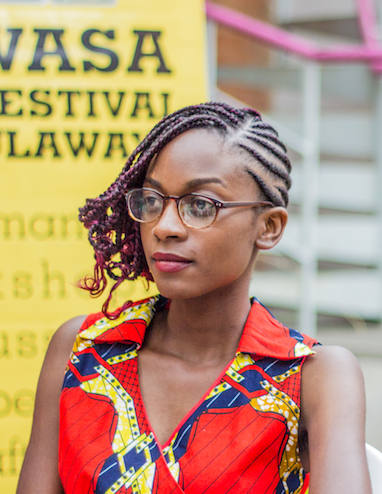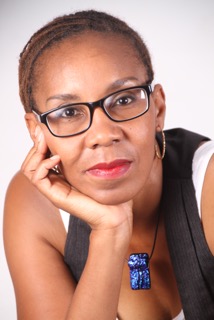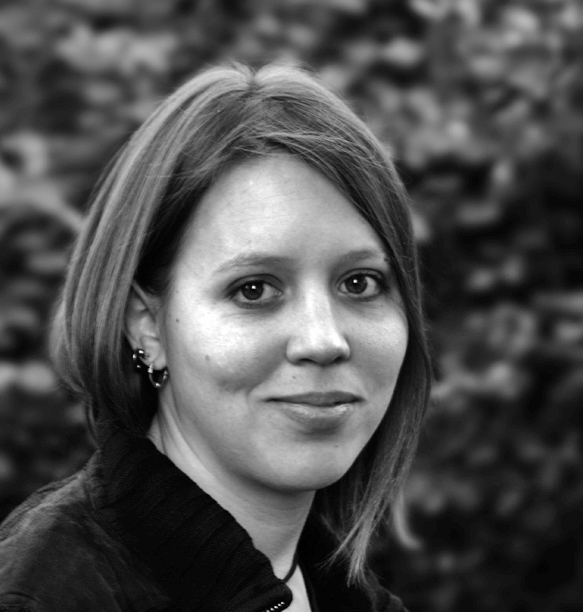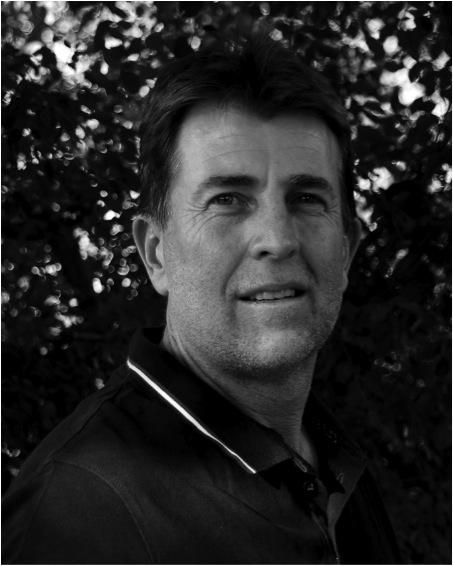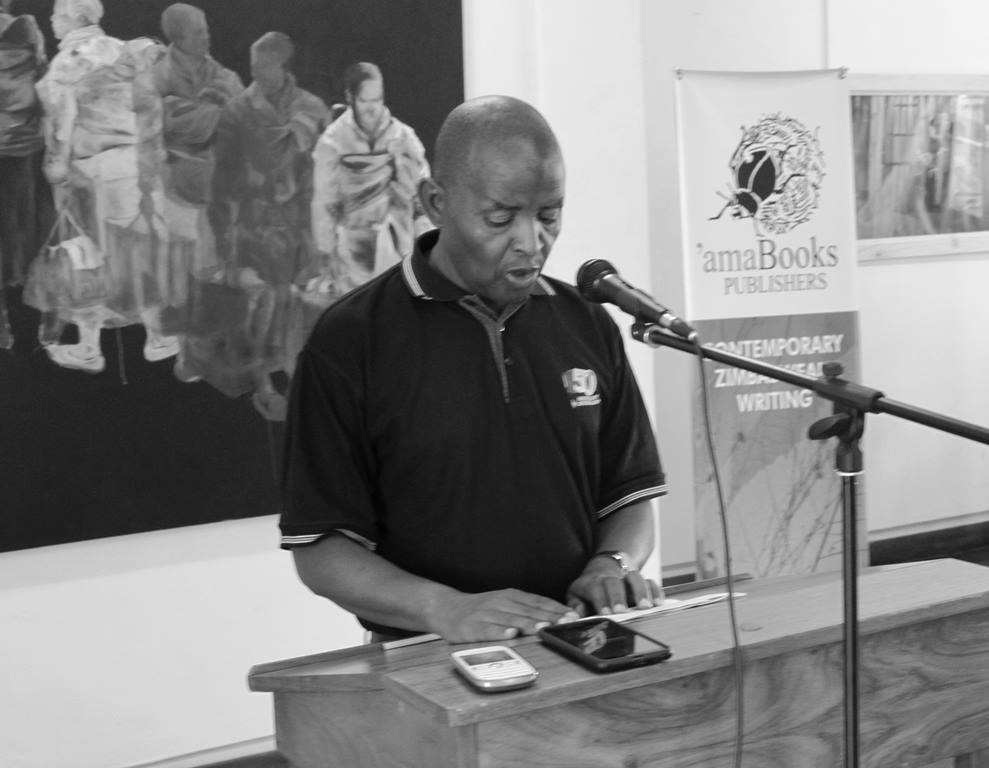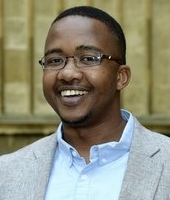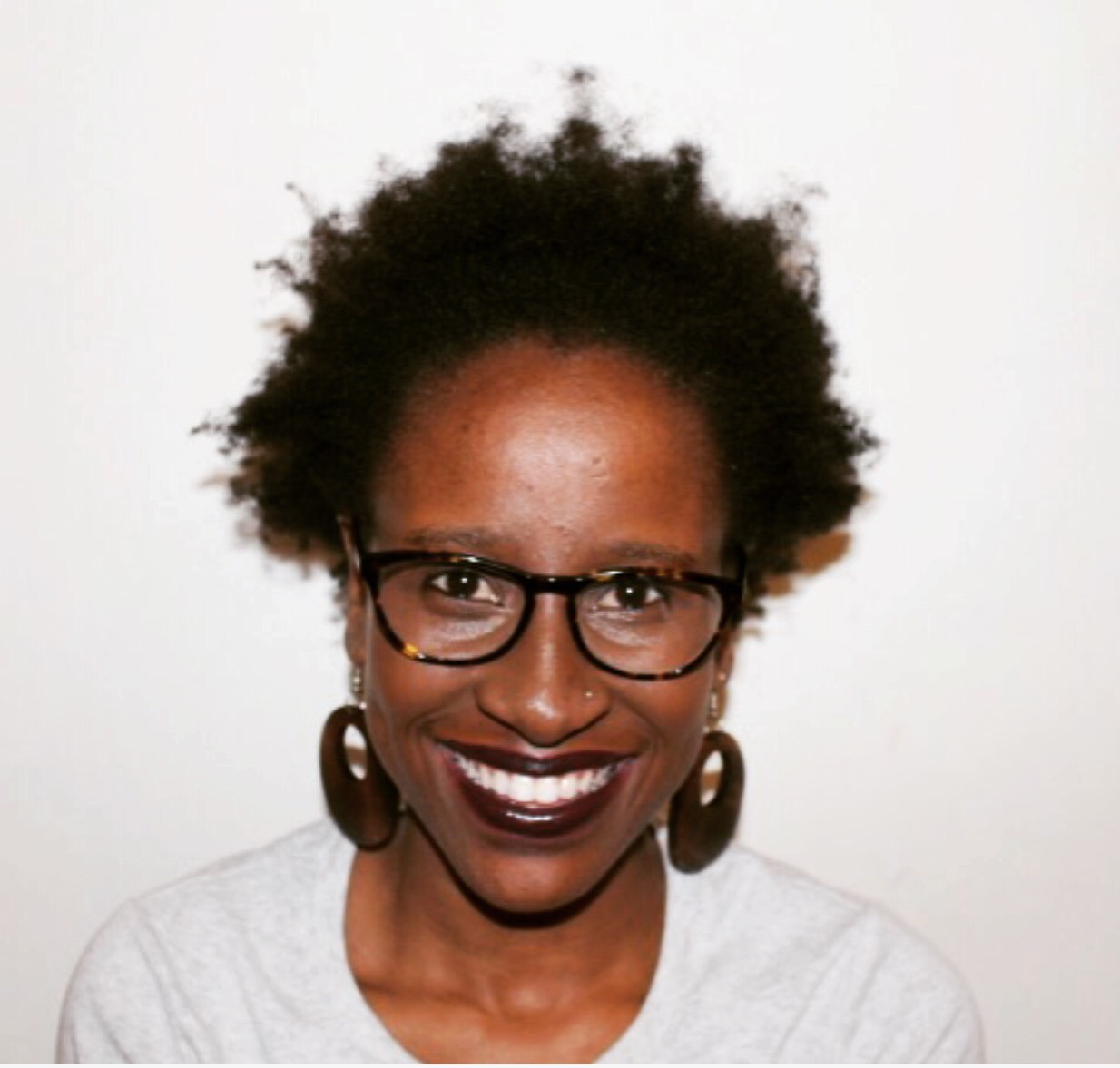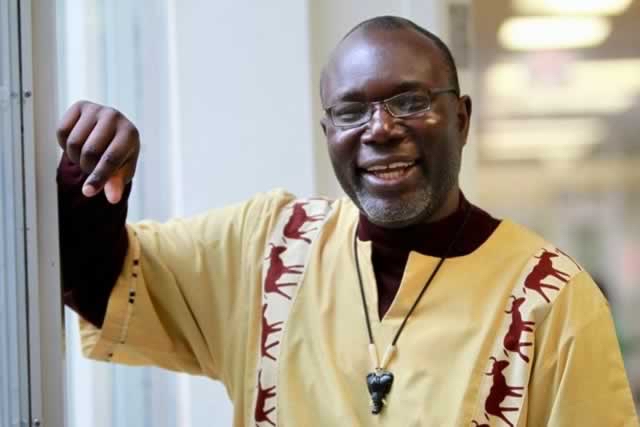One of Africa’s largest literary events, the Ake Arts and Book Festival, will run over five days from 18th-22nd November in Abeokuta, Ogun State, Nigeria. The theme of Ake’s second ever festival is ‘Bridges and Pathways’, with discussions focusing on ‘building bridges between Africa peoples, especially along language, ethnic and gender lines, and charting new paths with the aim of creating synergy and cultural cross fertilisation on the African continent.’
The exciting line up includes several writers who have been part of
the Caine Prize journey over the years, including Caine Prize Patron,
Nobel Laureate, Wole Soyinka; three Prize winners, Binyavanga Wainaina (2002), Olufemi Terry
(2010) and Rotimi Babatunde (2013); three shortlisters, Florent Couao-Zotti (2002), Mukoma Wa Ngugi
(2009) and Abubakar Ibrahim (2013); and several workshop participants,
including Ayodele Morocco-Clarke (2011), Bryony Rheam (2014) and Clifton
Gachagua (2014); and former judge, Bernardine Evaristo (2012). Caine Prize
Director Lizzy Attree will also feature in the programme, in the panel discussion entitled “What are
publishers looking for?”
The festival will involve 13 panel discussions
with stimulating topics ranging from "Writing Back/Writing Forward:
Representations of Africa in New Fiction”, chaired by Lizzy Attree, to “Slave
Narratives and the Burden of Memory,” featuring the Jamaican poet Kei Miller,
who has recently won the prestigious Forward Prize for the best poetry collection of 2014, for The Cartographer Tries to Map a Way To Zion, based
on dialogue between a mapmaker striving to impose order on an unfamiliar land
and a Rasta-man who queries his project.
Other activities include master classes on
science fiction writing, comic drawing and documentary making from
distinguished professionals; art exhibitions; drama displays; documentaries;
poetry readings; school visits; and book chats. Ten books have been chosen for
discussion, giving the audience the chance to interact with the authors. One of
the books up for discussion this year isChildren of Paradise written by acclaimed British-Guyanese poet, novelist and playwright Fred D'Aguiar, the novel explores the
events surrounding the Jonestown tragedy.
The
festival will also screen a new documentary, made by Yaba Badoe, about the
Ghanaian writerAma Ata Aidoo.
The Art of Ama Ata Aidoo celebrates Aidoo and her work as one of Africa’s foremost
women writers, and brings it to new audiences.
On the sidelines of the festival, an annual
multi-lingual, cross cultural literary journal called Ake Review aims to create a platform for showcasing and
discussing current trends in African arts and culture. Kola Tubosun recently
interviewed Caine Prize Director Lizzy Attree for Ake Review about how the
Prize has developed over its fifteen year history – A Prize is Only As Good as Those Who Enter.
With the extraordinary line up of authors, and
broad ranging topics for discussion, participants are in for an exhilarating
few days in Abeokuta this year.

.jpg)











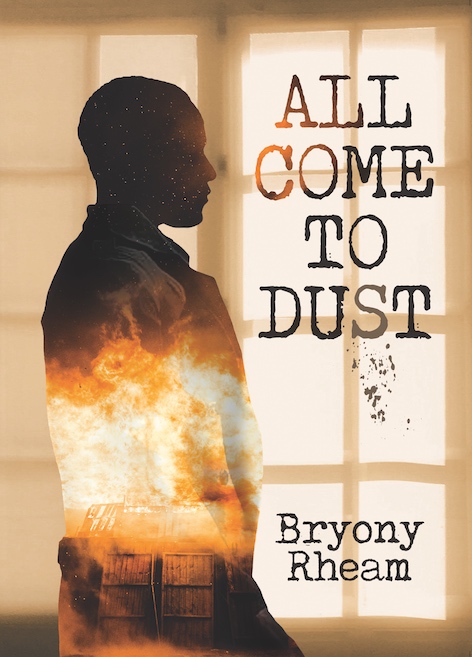
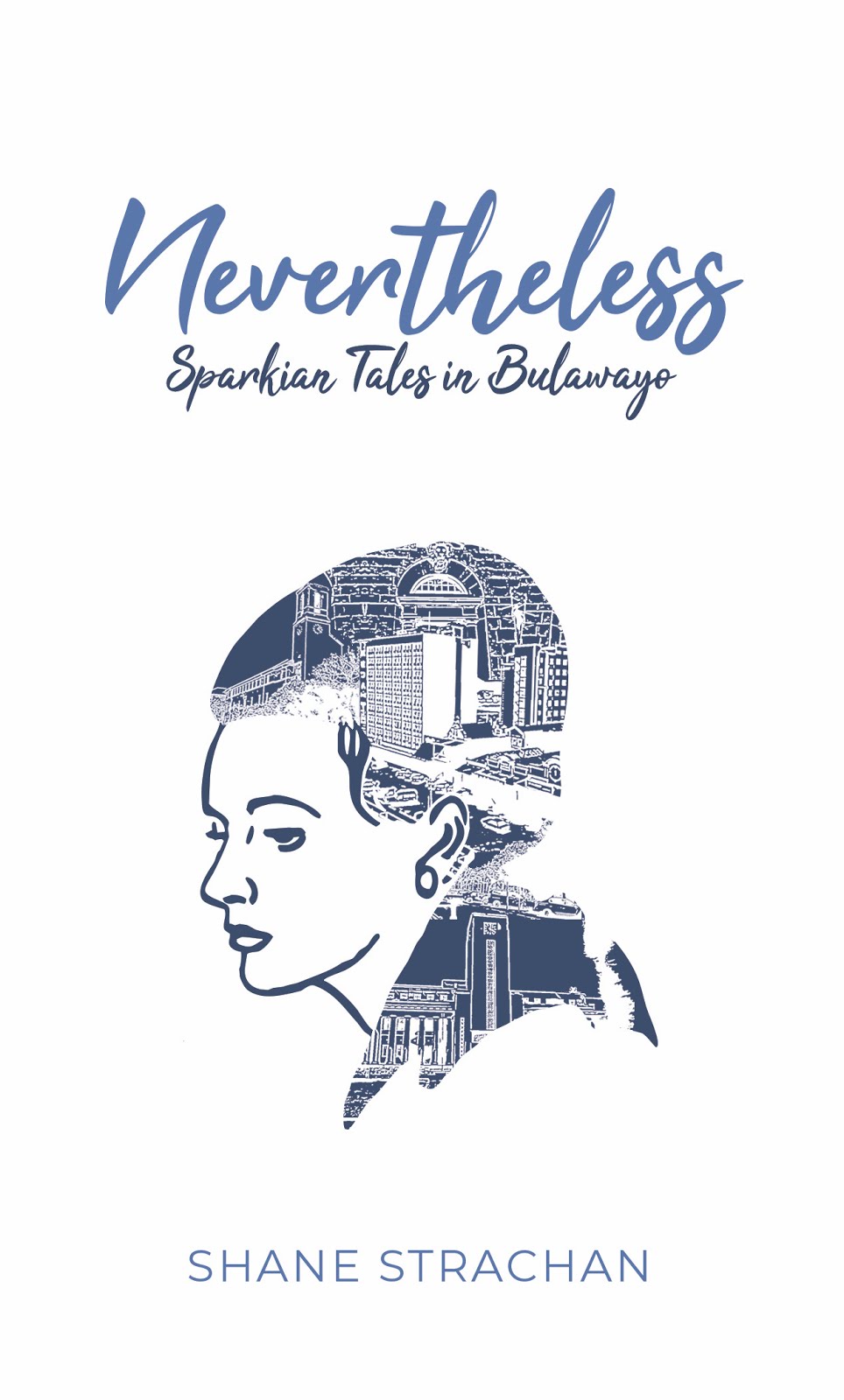





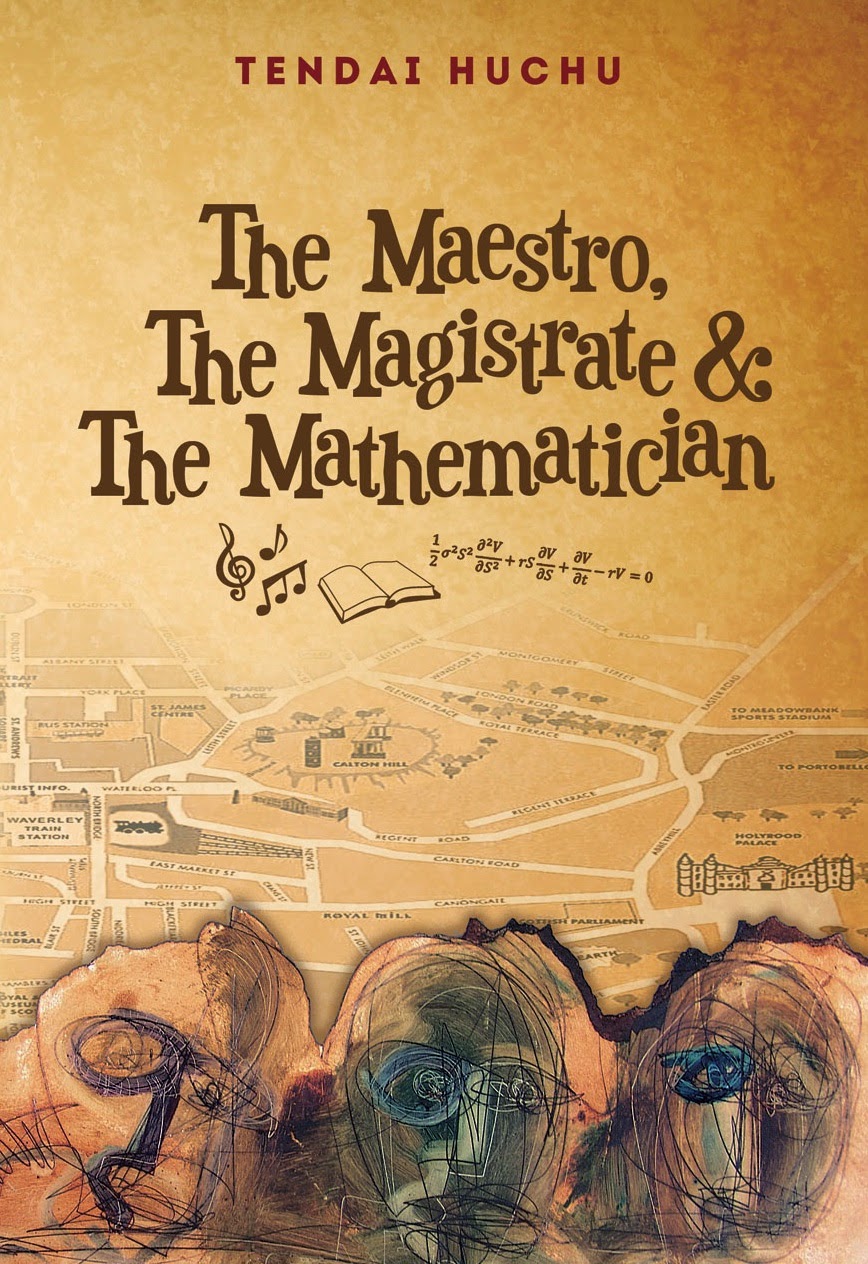
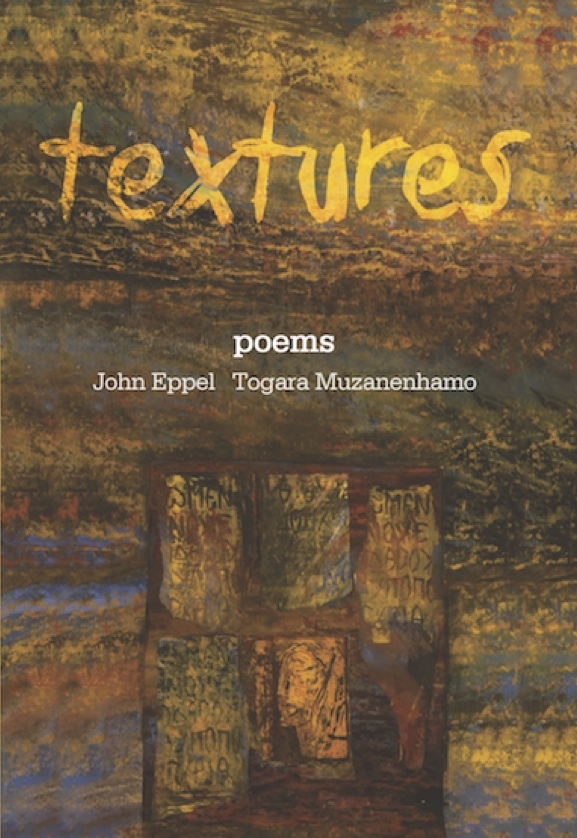
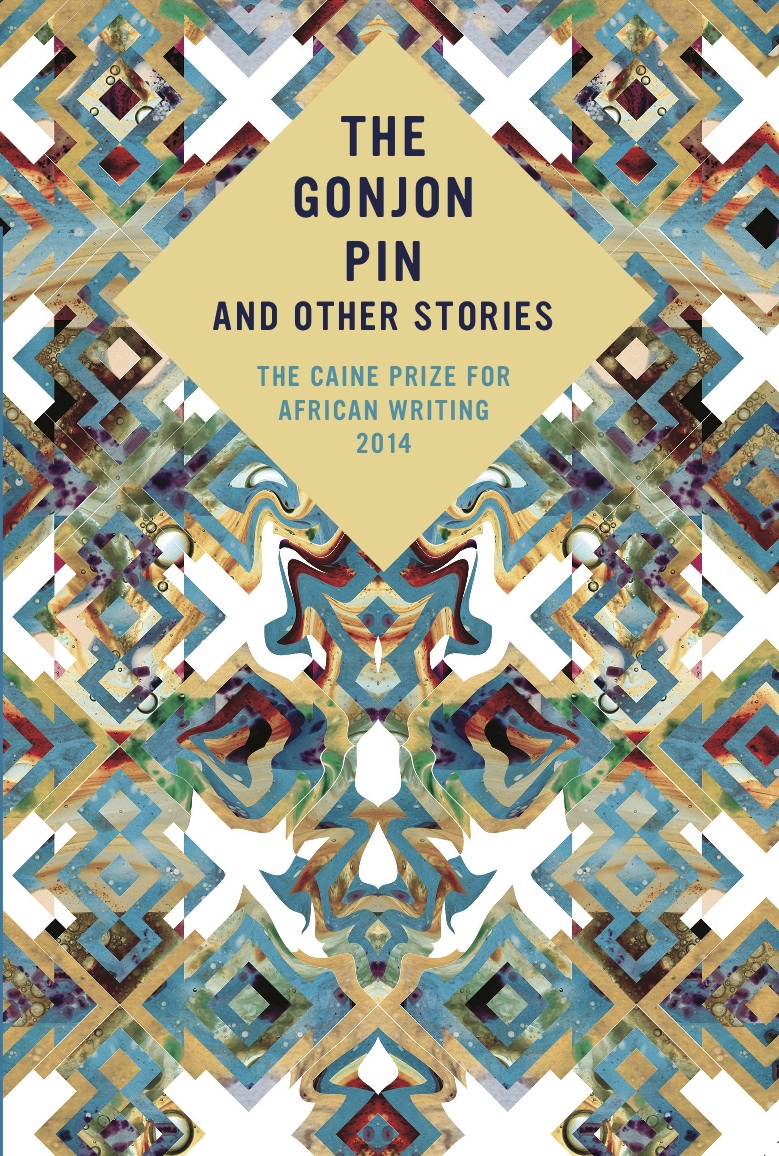
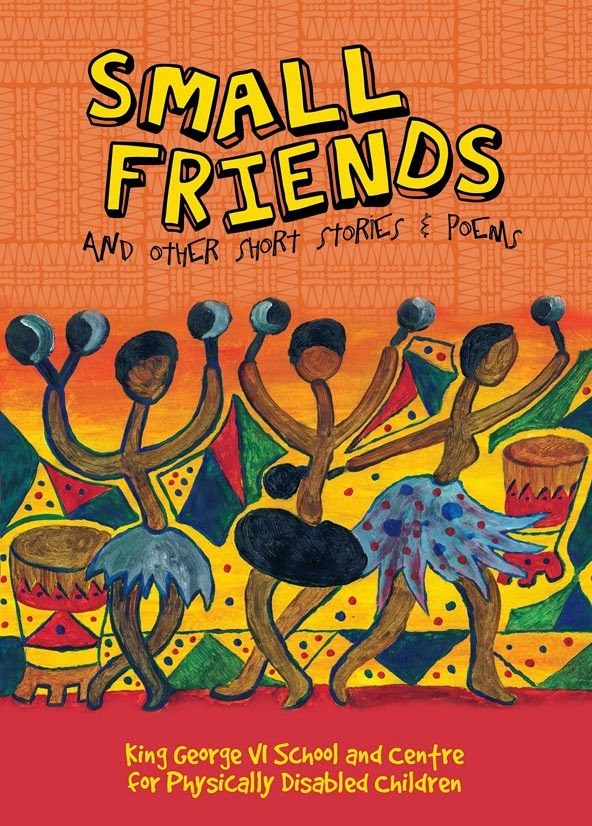
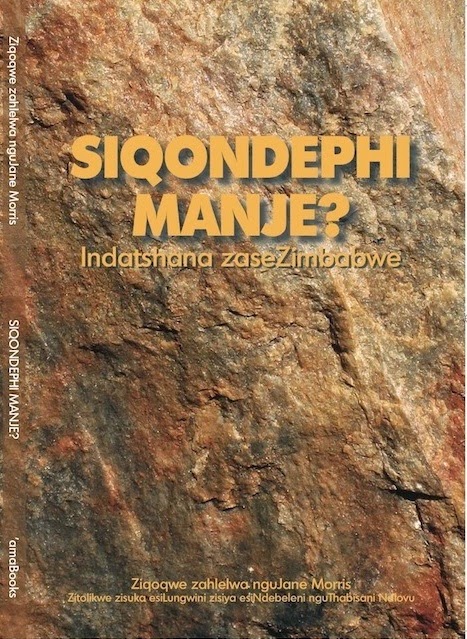
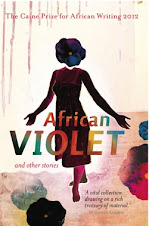

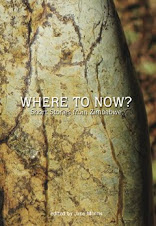
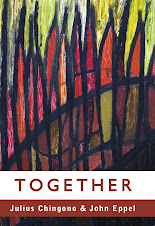
.jpg)

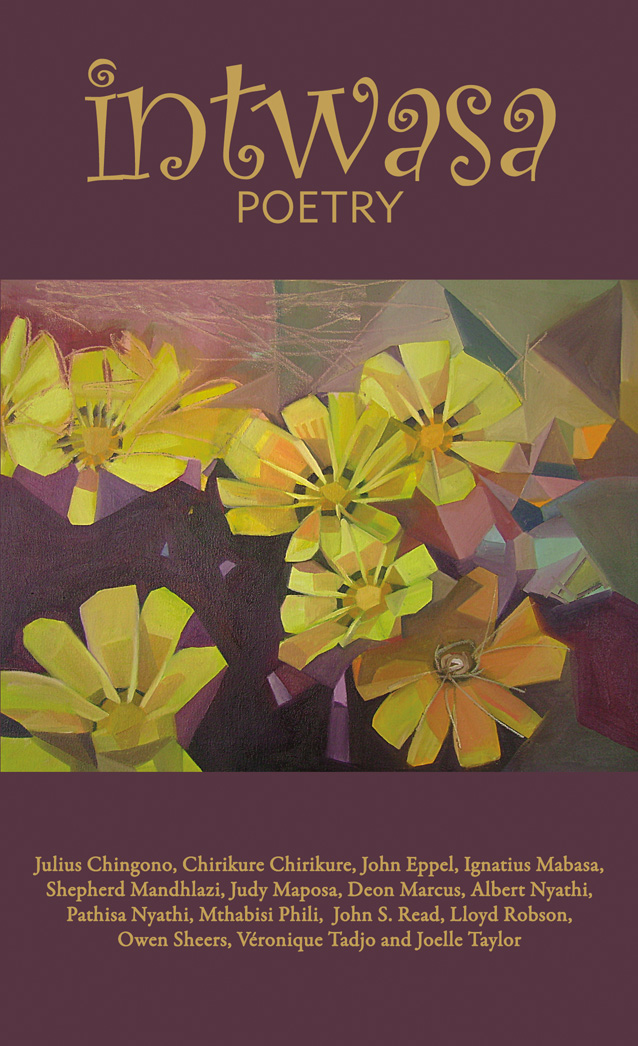


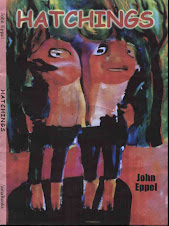













.jpg)

